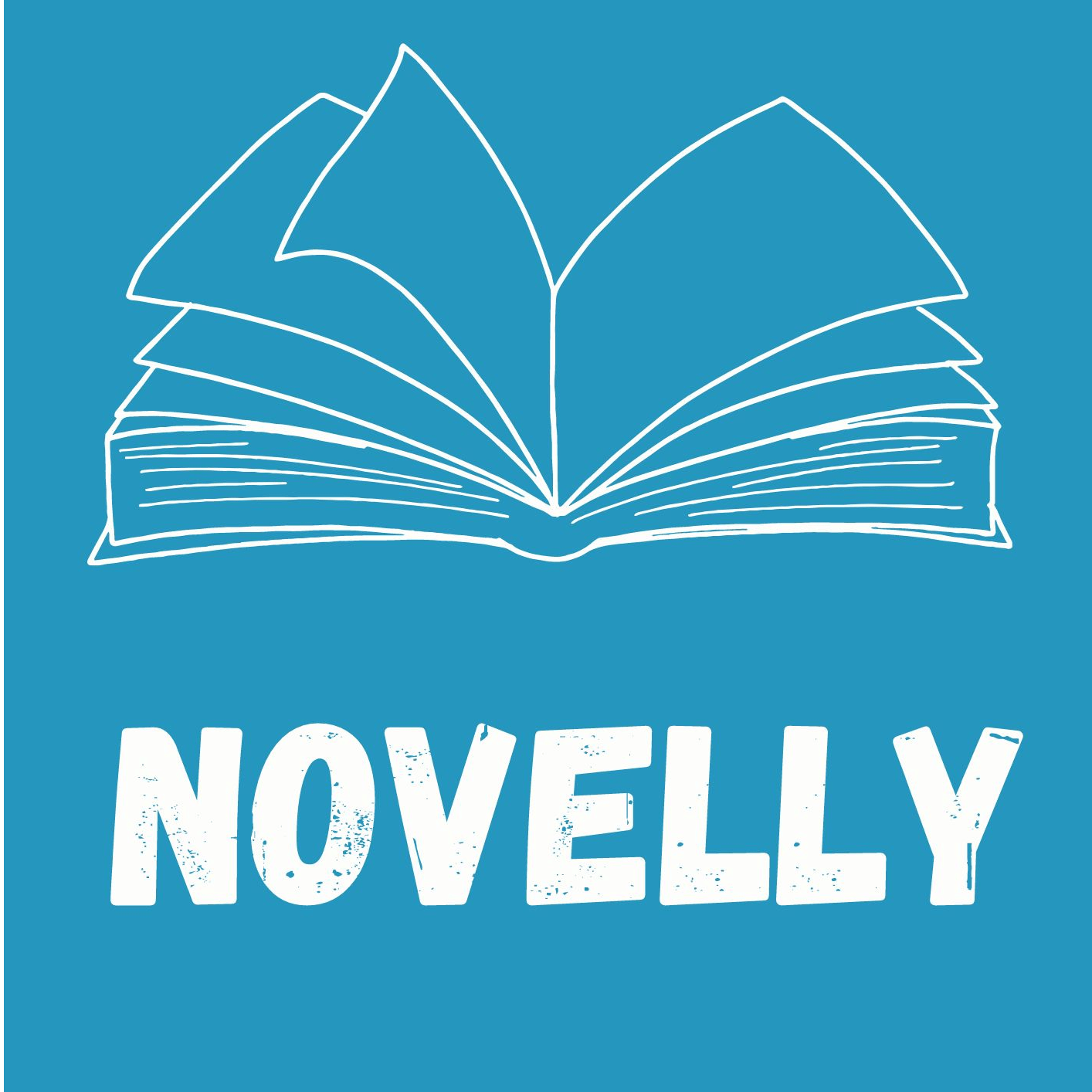Mastering the Art of Research and Writing: Key Strategies for Success
By:
Irveen Kaur
On
31/01/2024Reading time:
12 min
Summary:
In this article, we will break down what it takes to create a quality piece of writing. Research is one of the most important elements that writers often leave until after they start writing.

Creating an effective piece of writing is a multifaceted process that demands both creativity and meticulous research. Whether you’re penning a novel, drafting an academic paper, or composing a blog post, the interplay between research and writing is critical to producing a compelling and credible work. Let’s dive into why research is indispensable for writers and how you can hone your research skills to enhance your writing. Plus, discover how our Creative Writing Program can take your writing to the next level.
The Importance of Research for Writers
1. Credibility and Accuracy:
Fact-Checking: Ensuring that your information is accurate bolsters your credibility. Accurate details make your narrative believable and trustworthy. Try using Trove to find new resources for your project.
Authority: Thorough research demonstrates your expertise, making your arguments or storylines more persuasive. Try to read the work of highly regarded writers in your area. For example, if you are writing a short story about a superhero, try to read some of the best works by writers on the same topic. It will give you ideas as well as alert you about the conventions of the genre.
2. Depth and Richness:
Detail: Rich, well-researched details bring your settings, characters, and plots to life, creating an immersive experience for your readers. That's why it's important to make sure you've done some initial research before you start writing, particularly with historical fiction. Understand your story's context through thorough research. What did people eat? What did they read? What gender roles existed at that time? Try to understand what a day in the life of your protagonist might look like.
Complexity: Adding layers of complexity through research makes your work more engaging. Complexity doesn't have to come only from the historical context. It can come from knowledge of other stories in the genre, their plots and their subplots. What has been done before in your genre? What is effective? If you can answer these questions, you're well on your way to a great start.

How to Research Effectively
1. Identify Your Needs:
Purpose: Determine what information you need and why. Are you looking for background information, specific details, or expert opinions?
Scope: Define the scope of your research to stay focused and organized.
2. Use Diverse Sources:
Books and Articles: Utilize libraries to access a wide range of books and scholarly articles. We personally love the State Library of NSW for reviewing books and articles.
Online Databases: Use reputable online databases like JSTOR, Google Scholar, and PubMed for academic research.
Websites: Critically evaluate websites to ensure they are credible and authoritative. Government and educational sites are usually reliable.
3. Interviews and Surveys:
Experts: Conduct interviews with experts or individuals with firsthand experience related to your topic. If you know someone with more knowledge than you on a topic, it's time to get in touch!
4. Field Research:
Observation: Visit relevant locations to observe and take notes. You could be writing about a small town or location in Australia or anywhere else in the world. It's a good idea to check out the town and take notes.
5. Organize Your Research:
Notes: Take detailed and organized notes, highlighting key information and sources.
Bibliography: Keep track of all sources for easy referencing and to avoid plagiarism.
6. Evaluate Sources Critically:
Credibility: Assess the credibility of each source by considering the author’s expertise, the publication’s reputation, and the evidence provided.
Bias: Be aware of potential biases and strive to use balanced and objective sources.
7. Synthesize Information:
Integration: Smoothly integrate your research into your writing. Ensure it supports and enhances your narrative rather than overwhelming it. Sometimes, we can get bogged down in description of our setting. This bores the reader. We know that you've worked hard to find information about your time period, but remember, this is the backdrop, not the main event. The story is the main event!
8. Stay Updated:
Current Information: Ensure your research is up-to-date, especially for rapidly changing fields or contemporary topics. Create an alert so that you'll be in the know when new information is available on your topic.
Enhancing Your Writing Skills
Combining solid research with effective writing techniques can elevate your work significantly. Here’s a brief overview of essential writing elements:
Understanding Your Purpose and Audience: Tailor your style, tone, and content to meet your readers’ expectations and interests. For example, if you are writing Young Adult fiction, then make sure that your writing focuses on speaking to that age group (ages 11-30). A little known fact about YA is that your readers aren't just young adults, but adults well into their thirties.
Planning and Outlining: Use a story arc to manage your planning. A story arc is a great visual way to organise what's going to happen in your story. It's also fun to plan with!
Strong Opening: Capture your reader’s attention with a compelling hook and clear introduction. The first page is always the most important. Hook the reader in so they want to read more. It's a good idea to have your inciting incident happen within the first chapter at least.
Revision and Editing: Revisit and polish your work, seeking feedback from others.
Polishing Your Final Piece: Maintain consistency, pacing, and end with a strong conclusion.


Join Our Creative Writing Program
Our program, Creative Writing Fundamentals is designed to help you master both research and writing. Our program offers comprehensive information and guidance that cover all aspects of writing. From generating ideas to conducting thorough research and crafting polished pieces, we help you to build an understanding of what good writing is and how to do it consistently.
Research is the backbone of great writing. It enhances credibility, adds depth, sparks creativity, and engages your audience. By mastering research techniques and refining your writing skills, you can produce compelling, authentic, and memorable pieces. Join our Creative Writing Program today and take your writing to new heights.
Embrace the power of research and watch your creativity soar!
Subscribe to our newsletter
Subscribe to our newsletter to get weekly updates direct to your inbox.
